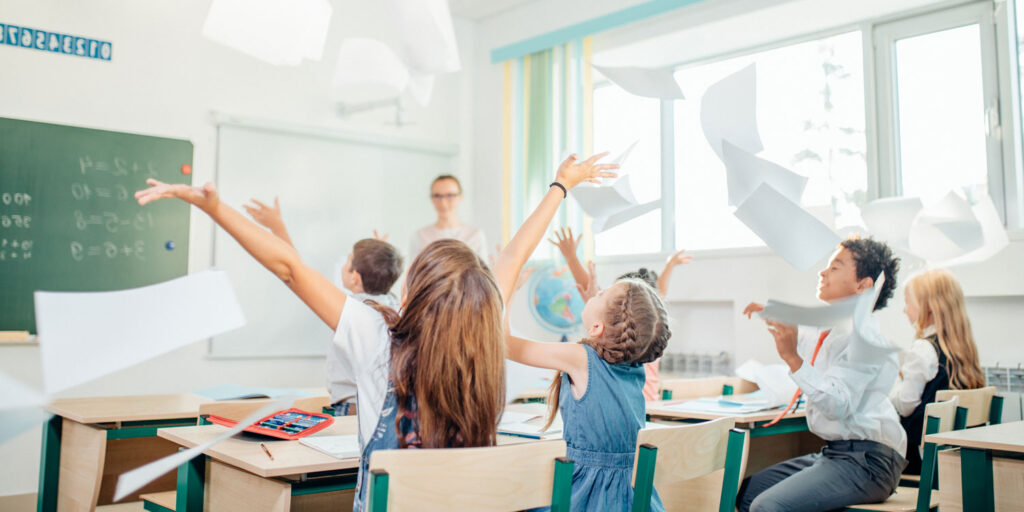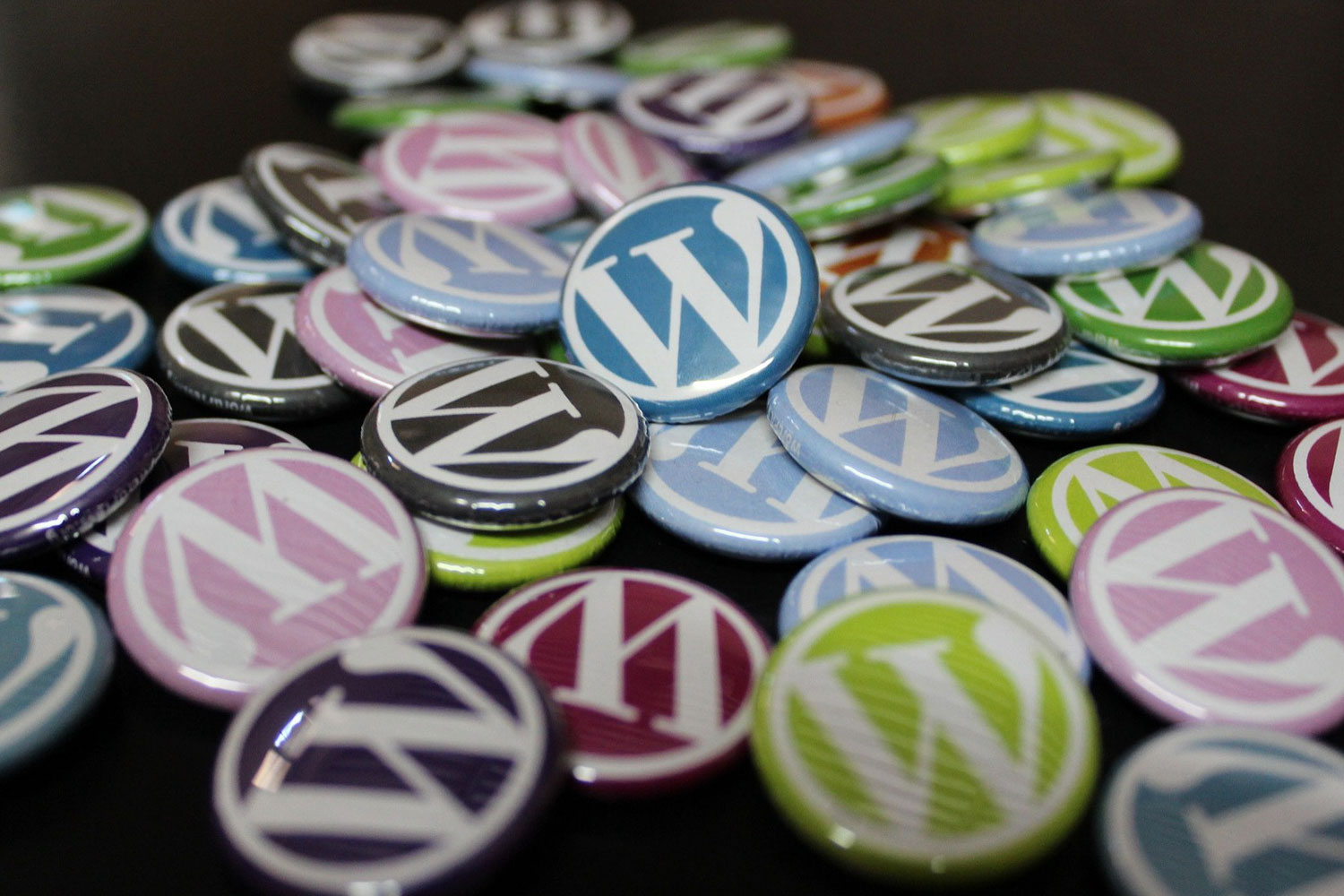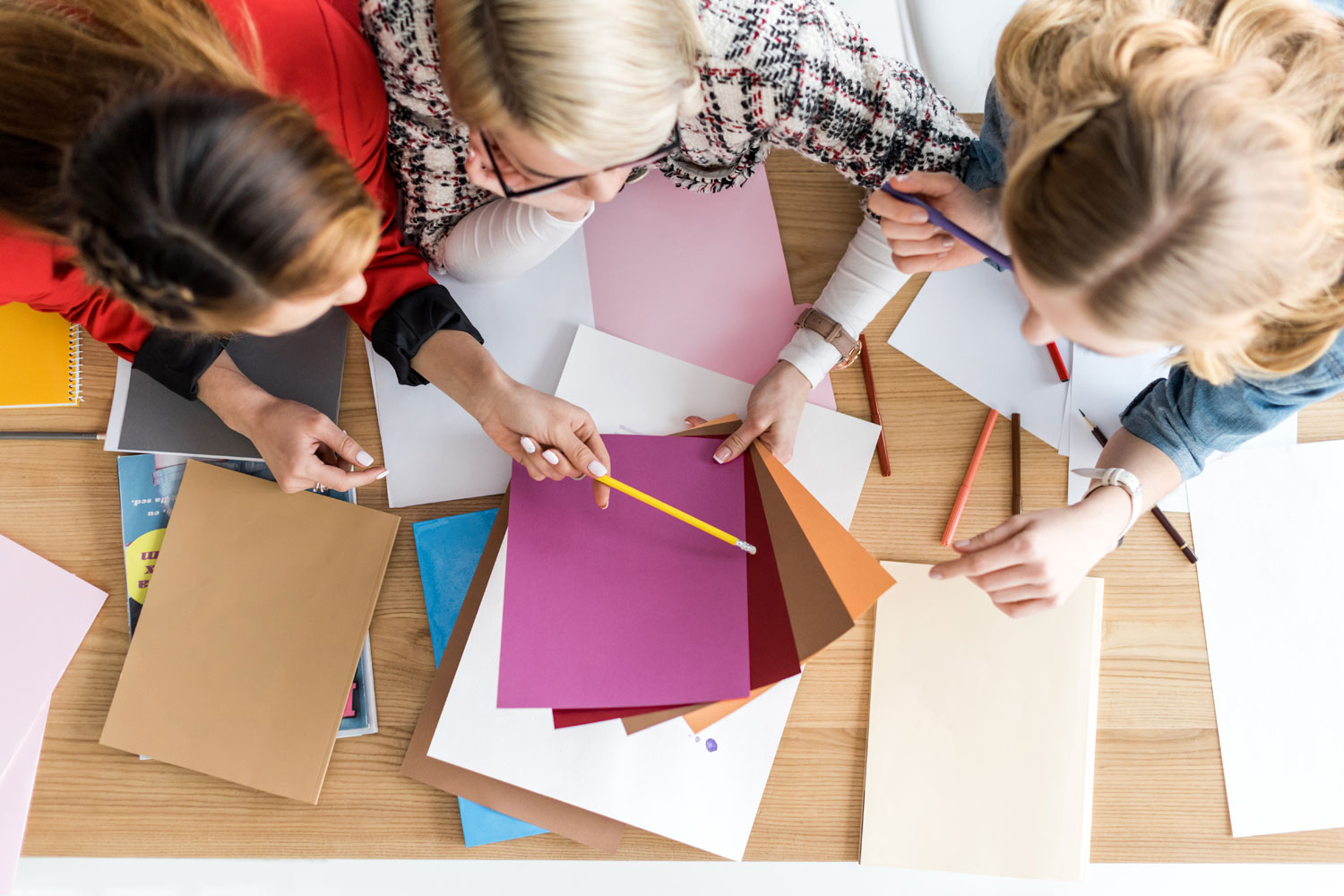In an era dominated by digital and screen technology, the importance and existence of education based on paper might seem outdated. However, fundamental paper education plays an important role in fostering mandatory and necessary skills and nurturing a well-rounded mind. This education refers to the knowledge and core skills related to the use of paper as a communication and learning tool. It encompasses a wide range of abilities, including penmanship, paper manipulation, handwriting, paper-based communication, note-taking, and reading and comprehension.
Table of Contents
The Benefits of Fundamental Paper Education
Enhanced Hand-Eye Coordination
For the development of fine motor skills and improvement of hand-eye coordination, engaging in activities such as drawing and writing is helpful. This is crucial for tasks such as playing instruments, typing, and using tools.
Improved Cognitive Function
According to some studies if you want to enhance memory retention, overall cognitive function, and retention then the physical act of writing is essential. Writing by hand has an incredibly tactile quality and features that improve memory and also help to reinforce knowledge.
Creativity and Critical Thinking
The list of activities that are based on paper like crafting, painting, and drawing encourages and enhances creativity and you can increase your problem-solving skills. Individuals can develop their critical thinking abilities and explore their imagination due to these activities.
Emotional Well-being
A sense of grounding and comfort can be provided by the tactile nature of paper, especially in our increasingly world of digital. Stress can be reduced due to engaging in paper-based activities and emotional well-being can also be promoted.

Integrating Fundamental Paper Educational into Modern Curriculums
Modern curriculums should have fundamental paper education even despite the advancements in technology. Paper-based activities can include in multiple subjects by the educators, such as:
Language Arts
You should force your students to compose letters, write in journals, and make stories using pen and paper.
Mathematics
Pencil and paper can be used for calculations, solutions to problems, and graphing.
Science
Record the observations, conduct experiments, and make diagrams on paper.
Art
Explore different art techniques based on the paper, such as paper mache, collage, and origami.
If educators emphasize the values of fundamental paper education, they can equip students with mandatory skills that will be more beneficial for them in their lives. No doubt we have new methods for learning and communication as per the modern digital technology, but we cannot deny the importance of paper-based education.









